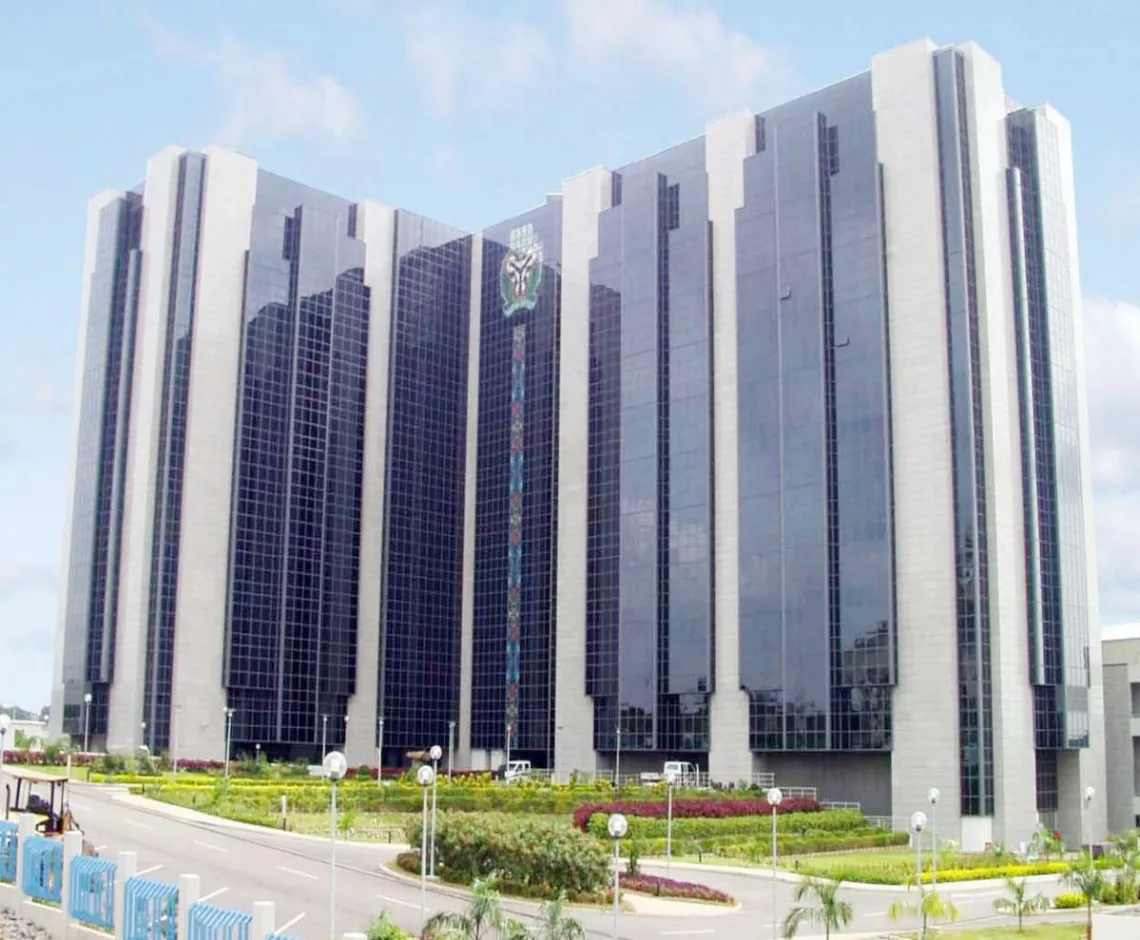The Central Bank of Nigeria (CBN) last week released operational guidelines for Open banking in the country outlining the procedures that govern how banks and other financial institutions are permitted to access and manage customer data.
Open banking which is also known as open bank data, is a banking practice that provides third-party financial service providers open access to consumer banking, transaction, and other financial data from banks and non-bank financial institutions through the use of application programming interfaces (APIs).
Open banking allows the networking of accounts and data across institutions for use by consumers, financial institutions, and third-party service providers and it is becoming a major source of innovation that is poised to reshape the banking industry.
In a circular signed by the Director of payment services management department at the CBN, Musa Jimoh, the apex bank said the guidelines were in furtherance of its mandate to ensure stability in the nation’s financial system.
The introduction of open banking in Nigeria as part of efforts to create an atmosphere that allows for innovative and customer-centric financial services through the safe utilisation and exchange data and services.
According to the guidelines, the CBN is required to establish and manage an Open Banking Registry that will serve as a regulatory oversight tool for participants in the open banking ecosystem. This registry is also designed to enhance transparency and provide a means for regulating operators within the system.
The guidelines also outline a Consent Management framework, which mandates that customers must provide explicit consent before their data can be accessed for open banking products and services, among other uses.
Jimoh in the circular noted that “the adoption of open banking in Nigeria will foster the sharing of customer-permissioned data between banks and third-party firms to enable the building of customer-focused products and services. It is also aimed at enhancing efficiency, competition, and access to financial services.”
A Trustee at Open Technology Foundation, Adedeji Olowe, speaking on the need for open banking in the country said, “As the world continues to evolve and payments become increasingly digital and mobile, consumer yearns for the flexibility, convenience, and simplicity that they have come to see as usual, for their banking services.
“While a number of fintechs continue to innovate, it is apparent that without a common API standard, the barrier to innovation, especially in developing regions of the world like Nigeria, would continue to hinder the expansion of digital payments and by extension, financial inclusion.”
PwC in a report highlighting the benefits of open banking, said as regards data sharing, it allows for the removal of manual data entry with data sharing only undertaken with regulator approved third parties, although there is the risk of increased number of data breaches, fraud and phishing.
As regards financial accessibility, PwC said there will be a wider choice of providers with improved financial planning and insight tools, although with the unintended consequence of increased exclusion as low credit quality customers are more easily identified and some customers are technically excluded.
Open banking is also expected to drive competitive pricing and value for money given a larger number of providers, although there is also the potential of reduced ability to price for bundle products and price wars due to commoditised products and providers.
In terms of product innovation, open banking is expected to bring development of new propositions given the availability of customer data to approved FinTechs, but then, there is the risk of increased capital/funding issues due to deposits moving rapidly between different banks.
PwC in the report notes that the Nigerian banking industry, under the regulation of the CBN has a history of collaboration to create impactful standards across several banking activities. Examples include the Nigeria Uniform Bank Account Number (NUBAN), Bank Verification Number (BVN) and NIBSS Instant Payment (NIP).
“These standards have driven the expansion and security of the payment ecosystem, landing Nigeria a position in the top five attractive countries for foreign direct investment in Africa. As noble as these efforts have been, the integration standard between banks has not been addressed leading to a complex integration landscape across the industry. If banks adopt a uniform API standard, there would be more seamless integration with the Fintechs leading to cheaper operating costs and enhanced customer experience.”
Emphasising the need to adhere strictly to the guidelines and other regulations, CBN said they are aimed at promoting innovation and expanding the range of financial products and services available to bank customers. He called on all stakeholders to prioritise compliance to ensure the success of the open banking system.
It noted further that the guidelines are specifically targeted towards banking and other related financial services, as determined and classified by the apex bank within the regulatory framework for open banking in Nigeria.





